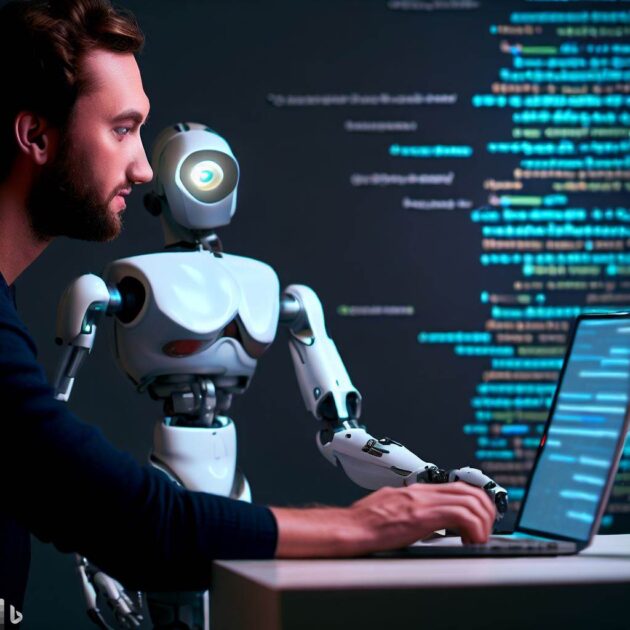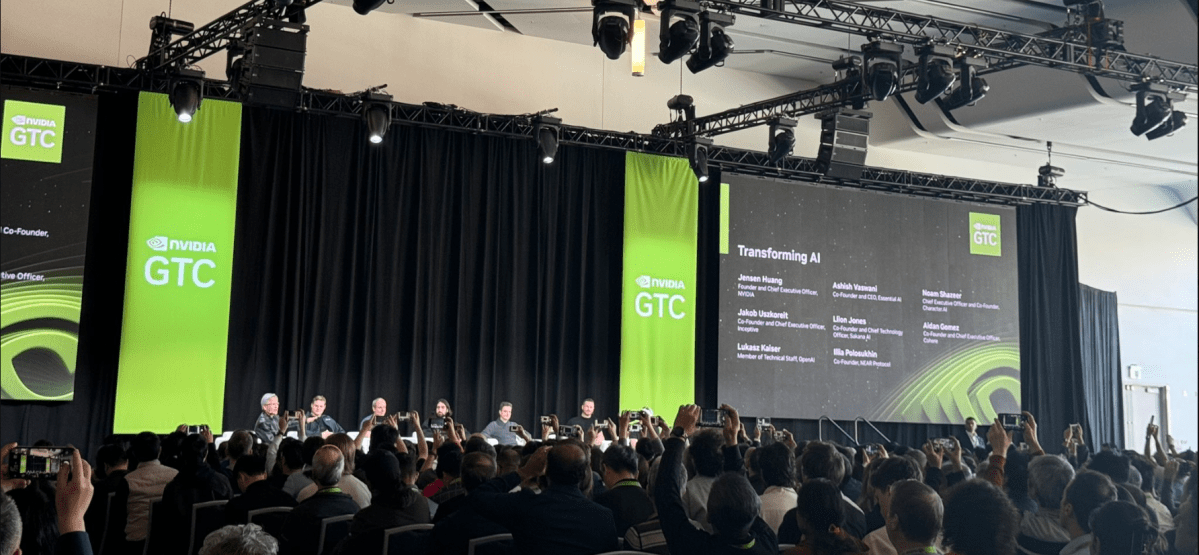Software development represents one of the initial applications of generative AI. Numerous companies, both large and small, have embraced tools like GitHub Copilot to expedite the process of creating new applications and services.
Despite the efficiency gains associated with AI integration, recent research conducted by GitClear, a developer analytics tool based in Seattle, suggests that it could potentially compromise the overall quality of code.
The research, which scrutinized 153 million altered lines of code, compared modifications made in 2023 with those from previous years when AI’s impact on code generation was less significant. Key findings from the study indicate:
- The incidence of “code churn,” where lines of code are discarded within two weeks of creation, is escalating and is anticipated to double in 2024. This trend raises concerns about the heightened risk of errors being introduced into production systems.
- The prevalence of “copy/pasted code” is escalating at a faster rate compared to code that is “updated,” “deleted,” or “moved.” GitClear founder Bill Harding remarked that AI-generated code resembles that of a developer focused on short-term gains rather than seamlessly integrating their contributions into the broader project.
In essence, as per Harding, while AI tools excel at generating code swiftly, they can also lead to the accumulation of “AI-induced tech debt.”
According to Harding, the rapid generation of code is advantageous when working independently or tackling new projects. However, hastily produced code can pose challenges for subsequent maintenance by development teams.
In summary, the quantity of code does not necessarily equate to improved quality.
AI is likened to a “brand new credit card” by Armando Solar-Lezama, an MIT professor, suggesting that it enables the accumulation of technical debt in unprecedented ways, as reported by The Wall Street Journal.
The proliferation of AI in coding practices could also impact how engineers are remunerated. Harding highlighted the potential pitfalls of basing salary decisions on lines of code altered, particularly when combined with AI capabilities, which could incentivize the submission of subpar code.
While the use of AI for tailored code solutions, such as those available from platforms like Phind, offers advantages, the challenge lies in deciphering poorly written code, which can be a draining aspect of developers’ responsibilities.
A study by McKinsey underscores the potential for a substantial increase in productivity through AI coding tools, contingent upon factors such as task complexity and developer proficiency. The study emphasizes the importance of developers understanding the criteria for quality code and effectively guiding the AI tools to produce optimal outcomes.
Harding, who previously spearheaded the eBay competitor Bonanza, noted the uncertainties surrounding the overall impact of AI tools on software development. He emphasized the significance of leveraging AI for tailored code solutions while acknowledging the cognitive strain associated with deciphering inferior code, a sentiment echoed by developers.
Last year, Harding’s company Alloy.dev, comprising 15 team members overseeing GitClear and the note-taking app Amplenote, received a boost following the acquisition of his previous venture, Bonanza.










